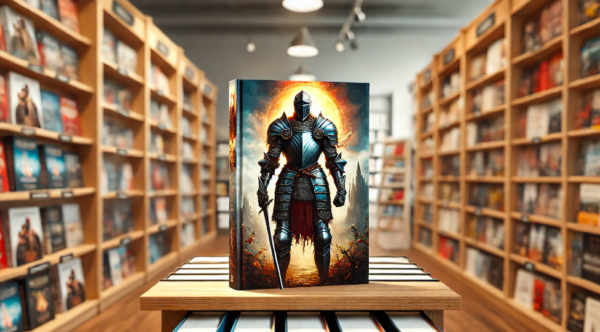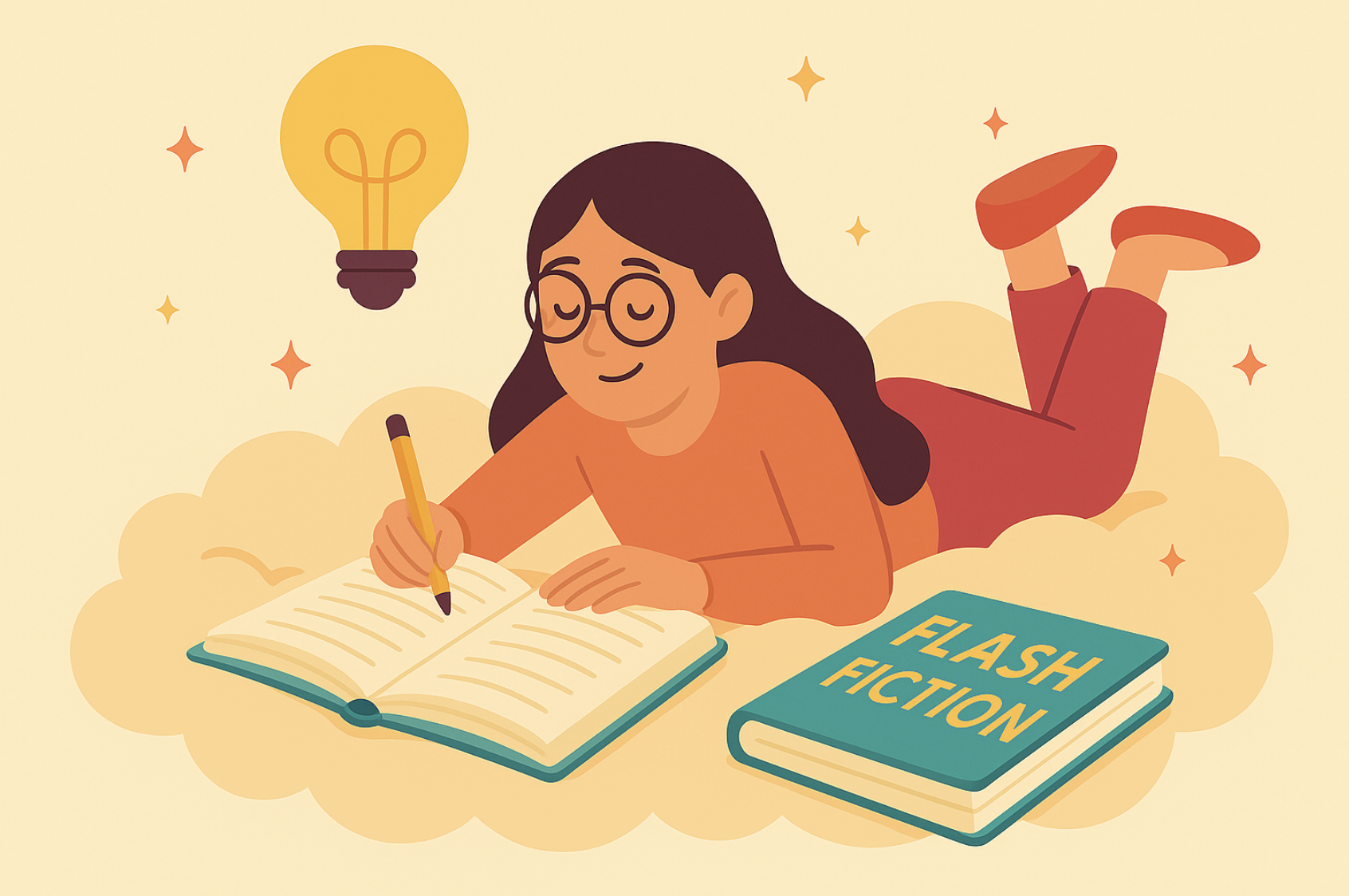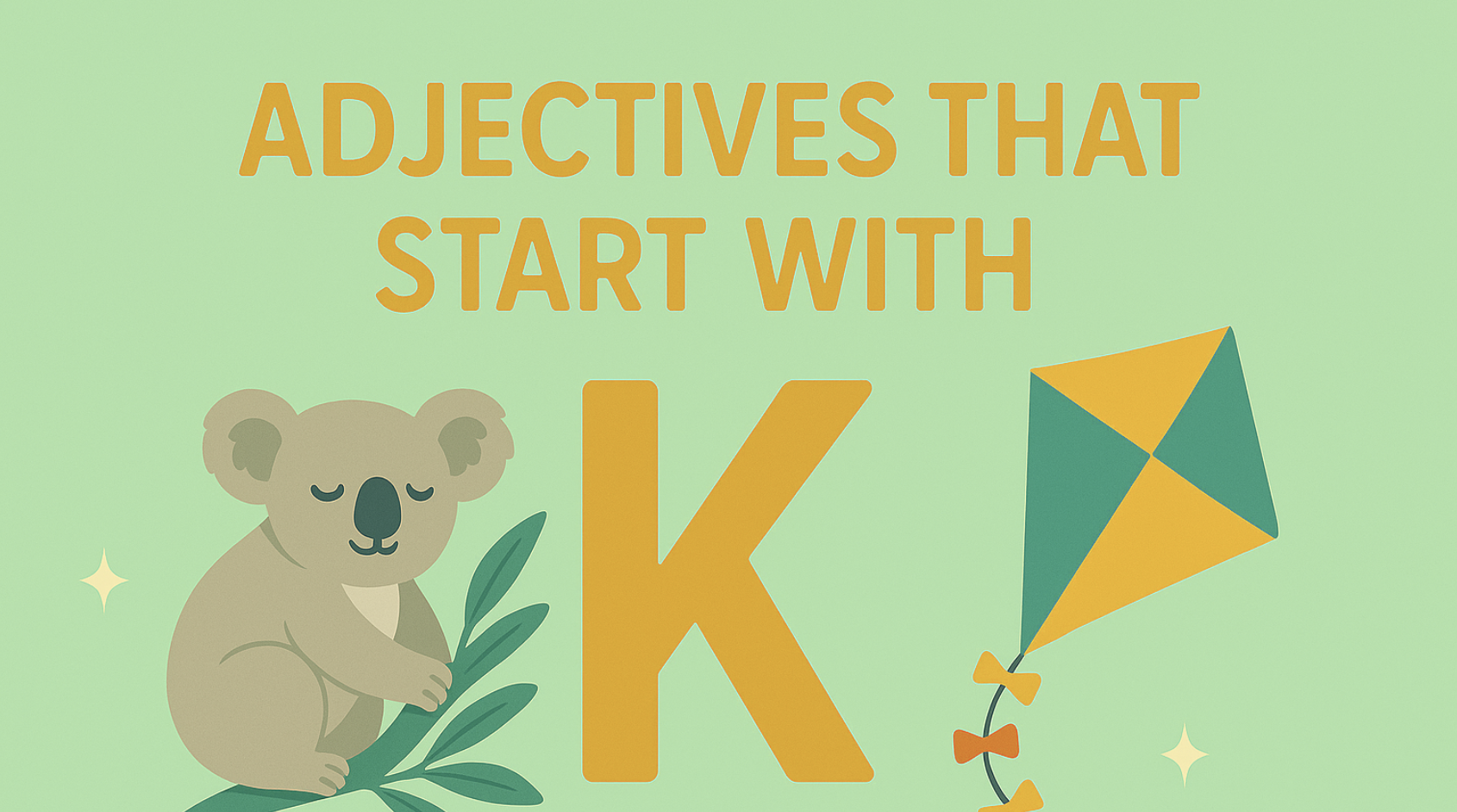Ah, writer’s block – the elusive nemesis that every writer knows too well. It’s that frustrating, soul-crushing moment when you stare at a blank page (or screen), hoping the words will come, but instead, you’re met with nothing but silence. It’s the kind of silence that feels louder than any clattering keyboard. The more you try to force it, the more elusive the words become. Suddenly, self-doubt creeps in. “Am I even a writer?” you wonder. “Do I even have anything to say?”
But what if I told you that instead of fearing the block, you could embrace it? Imagine seeing that blank page not as an enemy, but as an opportunity – a chance to reset, rethink, and rediscover your creativity.
In this article, we’ll dive into what writer’s block actually is, explore how writers have successfully overcome it throughout history, and share some creative strategies to help you move past it when it strikes. The creative block doesn’t have to be the end of your writing journey – it could just be the beginning of your next breakthrough.
What is Writer’s Block?
So, what is writer’s block, really? Simply put, it’s a mental block that stops you from writing. Whether it’s a blank page, an empty screen, or just the crushing sense that you’ve run out of ideas, that creative block has a knack for making even the most seasoned writers feel like they’re staring at the abyss. It’s not just a creative rut – it’s a full-on emotional standstill, where the words simply refuse to flow.
There are different types of writer’s block, each with its own flavor of frustration. First, there’s the mental block, where your brain just shuts off, and no amount of coffee can restart it. Then, we have the emotional block, often caused by fear of failure or self-doubt. And let’s not forget the external factors—deadlines, distractions, or the plain reality of life getting in the way. All of these can conspire to leave you paralyzed at the page, helplessly wondering, “Why can’t I just write something?”
In fact, some of the world’s greatest writers have had to battle those mental blocks themselves. For example, F. Scott Fitzgerald famously struggled with it during the writing of The Great Gatsby. Even the mighty Ernest Hemingway wasn’t immune, often facing bouts of writer’s block that made him question his ability to write.
And when you’re stuck in that “blank page” zone, you know the feeling: your cursor blinks at you like it’s mocking you. The only thing moving faster than your thoughts is your increasing sense of panic. But fear not – creative block isn’t a life sentence. With a little patience and some creative tools, you’ll break through.
7 Brief Techniques for Overcoming Writer’s Block
Technique 1 – Change of Scenery
One of the simplest yet most effective techniques to beat that mental block is changing your physical surroundings. These new stimuli activate different parts of the brain, sparking new thoughts that can translate into words on a page.
Technique 2 – The Pomodoro Method
The Pomodoro Technique, developed by Francesco Cirillo in the late 1980s, is a time management method that can be particularly effective for writers facing blockages. This technique involves breaking your work into short, timed intervals known as “Pomodoros,” traditionally 25 minutes in length, followed by a five-minute break. After completing four Pomodoros, you take a longer break of 15 to 30 minutes.
Technique 3 – Writing Exercises
Writing exercises are a dynamic writing tool used in battling creative block, serving as a creative catalyst to jump-start the writing process. These exercises vary widely, offering something for every writer, regardless of genre or style. They can include:
- Story Prompts
- Character Sketches
- Writing from Different Perspectives
Technique 4 – Free Writing
Free writing is an effective way to break through the block, involving continuous writing for 10-15 minutes without worrying about grammar or coherence. The focus is on uninterrupted writing flow, emphasizing the act of writing and the joy of creative expression.
Technique 5 – Talking it Out
Discussing your writing with others can be a powerful tool in overcoming a creative slump. This technique involves verbalizing your thoughts, plot lines, character dilemmas, or even thematic concepts with a friend, colleague, or fellow writer.
Technique 6 – Setting Manageable Goals
The main idea here is to break the overwhelming task of writing into smaller, more achievable objectives, thereby reducing the intimidation and inertia that a large project can create. Consistency is key; having a regular writing schedule helps in forming a habit, making writing a routine rather than a task that requires significant willpower.
Technique 7 – Using Writing Tools
In the digital age, a variety of writing tools are available to assist writers in overcoming blockages and enhancing their creative process. Types of helpful writing tools include:
- Word Processors with Distraction-Free Modes
- Writing Software for Organization
- Mind Mapping Tools
- Digital Journals and Note-Taking Apps
- Focus Apps
Embracing the Block: Turning Struggles into Success
What if instead of fearing the creative block, you embraced it? What if you saw those moments of creative stagnation as part of the creative process, not the end of the road? After all, some of the most powerful writing has emerged during times of pause and reflection. Sometimes, the best ideas don’t come when we’re frantically pushing through a project, but when we take a step back and let our thoughts marinate.
Think about it: writer’s block isn’t a roadblock, but a detour. It’s a moment to gather your thoughts, to dig deeper into your story, and to reflect on what’s truly important in your writing. Some of the most celebrated writers have used their struggles with mental blocks to fuel their creativity. Take the example of The Catcher in the Rye author J.D. Salinger. For years, he famously struggled to write anything after his masterpiece was published. But instead of forcing himself, he embraced the quiet, reflective periods. He spent time refining his ideas and, in his own way, the blocks he faced helped him find his voice again.
Similarly, Sylvia Plath, after battling a creative slump, used her own moments of silence and despair to pour her emotions into her work, creating some of the most poignant poetry and prose of the 20th century. These moments of reflection didn’t stifle their creativity—they gave it new depth.
So, how do writers overcome the block? By changing the way we think about it. Instead of treating it as an enemy, we should learn to lean into it. Use it as an opportunity to recharge, to reevaluate your work, or to explore new creative avenues. In those pauses, inspiration can rise in unexpected ways.
Remember, this block isn’t the villain—it’s just a part of the process. So, the next time you hit a wall, don’t run from it. Embrace it. Use it as a chance to step back and allow your creativity to take a breath. You’ll be amazed at what you can create when you stop fighting and start reflecting.
Tips for Long-Term Success: Preventing Writer’s Block from Taking Over
Preventing writer’s block from taking over your creative life is about more than just waiting for inspiration to strike. It’s about developing habits and mindsets that keep the words flowing even when the muse seems to have taken a vacation. Here are some practical tips to help you stay ahead of that mental block and maintain a steady creative rhythm.
First, establish a regular writing routine. Set aside dedicated time each day (or week, depending on your schedule) to write, even if you don’t feel “in the zone.” Just like any muscle, writing gets stronger with practice. The more regularly you write, the more you train your brain to push past mental blocks and create consistently.
Setting realistic goals is another key factor. If you expect to write a novel in a weekend or churn out a flawless first draft in one sitting, you’re setting yourself up for frustration. Break down big projects into smaller, manageable tasks. Instead of focusing on finishing a chapter, aim for 500 words a day. Small victories add up, and they help keep the creative slumps at bay.
But it’s not all about the writing itself—self-care plays a huge role in keeping your creative flow intact. Mental health is essential to creativity, so make sure to rest, recharge, and practice mindfulness. Whether it’s going for a walk, meditating, or simply stepping away from your work for a while, taking care of your mind ensures that you’ll have the energy to write when you return.
Finally, incorporate a few motivational habits into your routine. Journaling, reading, or collaborating with others can spark new ideas and help you stay inspired. Writing doesn’t have to be a solitary endeavor, and talking things out with fellow writers can often help you discover solutions to mental blocks that you might never have thought of on your own.
By developing these habits and embracing the writing process, you’ll be better equipped to keep the creative block from taking over. Remember: consistency, care, and creativity are your best defenses.
Writer’s Block is Just a Detour, Not a Dead End
As frustrating as writer’s block can be, it’s important to remember that it’s not a roadblock—it’s just a detour on the creative journey. Every writer, from the beginners to the legends, has faced it. The key isn’t to avoid it but to embrace it as part of the process. After all, the best stories aren’t written in a straight line; they’re written through the detours, the pauses, and even the struggles that come with these creative slumps.
So, next time you find yourself staring at a blank page, don’t panic. Take a breath, laugh off the frustration, and remember that the breakthrough is often just around the corner. Instead of trying to force creativity, give yourself permission to step back and let the ideas come naturally. How do writers overcome these creative slumps? By trusting the process, persevering, and understanding that sometimes the best writing emerges after a pause, not a push.
Don’t let the block defeat you. Lean into it, embrace the detour, and watch as your creativity flows more freely than ever.
If you’re ready to tackle your writing struggles and keep the creative juices flowing, join the Spines community for more inspiration, tips, and support. You’ve got this!
Your Publishing Journey Awaits – Start NowFAQs – Writer’s Block
Q1: How long can writer’s block last?
Writer’s block or ‘blank page syndrome’ can last anywhere from a few hours to several months, depending on the individual and the factors at play. For some, it’s a temporary pause in creativity, while for others, it may persist until they make a deliberate effort to break through it. The duration varies based on how deeply the writer is struggling, their emotional state, and whether they take steps to overcome it (such as changing their writing environment or taking a break).
Q2: How common is writer’s block?
It is incredibly common. Almost every writer experiences it at some point in their career, whether they’re beginners or seasoned professionals. Famous authors like J.K. Rowling and Ernest Hemingway have struggled with it, proving it’s a challenge that transcends experience levels. It’s a universal part of the creative process, though the severity and duration may differ from one person to another.
Q3: What is the cause of writer’s block?
There are several things that can cause creative paralysis. It can be mental, emotional, or environmental. Some common causes include perfectionism, fear of failure, lack of inspiration, burnout, or external pressures like tight deadlines. The block can also stem from personal life stressors or an overwhelming sense of self-doubt. Ultimately, it’s often a result of feeling mentally or emotionally “stuck” and unable to move forward.
Q4: What is the psychology behind writer’s block?
The psychology behind mental block involves a combination of fear, stress, and self-criticism. Writers may experience a fear of failure or a fear that their work isn’t good enough, which can paralyze creativity. Perfectionism also plays a major role; when a writer is overly concerned with producing something flawless, it can block the flow of ideas. Creative blocks can also be tied to a lack of confidence, burnout, or anxiety, all of which can hinder creative output.
Q5: What are examples of writer’s block?
Examples of symptoms and behaviors include staring at a blank page or screen with no idea of what to write next, repeatedly writing and deleting sentences, or feeling like the words just won’t come. A writer might know what they want to say but can’t seem to express it in the right words, or they may experience a complete mental blank, unable to generate any ideas. Another common sign is feeling emotionally detached from one’s writing or losing the motivation to keep going.Q6: Is a writer’s block ADHD?
While writer’s block isn’t the same as ADHD (Attention Deficit Hyperactivity Disorder), there can be overlapping symptoms, particularly when it comes to difficulty focusing or staying on task. People with ADHD might experience mental block more frequently due to challenges with concentration, hyperactivity, or impulsive distractions. However, writer’s block itself is a temporary issue with creative flow, whereas ADHD is a neurodevelopmental disorder that affects attention, behavior, and impulse control on an ongoing basis.







